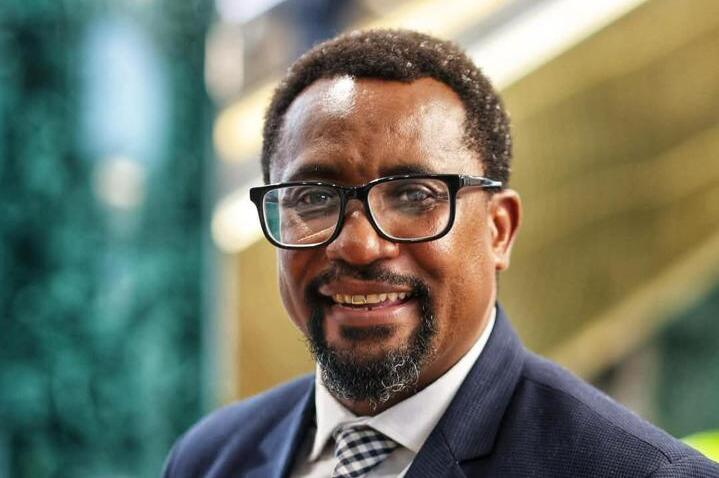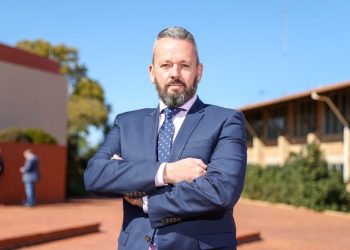
Namibia’s Deputy Prime Minister and Minister of Industries, Mines and Energy, Natangwe Ithete, has called for coordinated reforms to address persistent challenges in the energy sector, including infrastructure gaps, limited financing, and regulatory uncertainty.
Speaking at the official opening of the 7th Namibia International Energy Conference (NIEC) in Windhoek, Ithete said the country must move beyond being a mere exporter of raw materials and instead position itself as a hub for energy processing, innovation, and manufacturing.
“Challenges persist, particularly in infrastructure, financing, and regulatory certainty. Addressing these will require continued coordination and strategic investment,” said Ithete.
The Deputy Prime Minister emphasised that inclusive governance and local content policies are essential to ensure the energy sector benefits all Namibians. He noted that the government aims to strengthen legal and fiscal frameworks while unlocking value through downstream activities.
“Our goal is very clear: to manage our resources responsibly and ensure their benefits reach all Namibians through strengthened governance, improved legal and fiscal frameworks, and prioritised value addition,” he said.
Ithete highlighted Namibia’s vast potential in both traditional and renewable energy sources. He pointed out that the country is well-positioned with offshore and onshore hydrocarbons, world-class solar and wind resources, and significant uranium reserves.
“The ongoing exploration in the Orange Basin has placed Namibia on the global energy map, while regions such as the Kavango, Walvis Bay, and Lüderitz basins continue to attract interest from international investors. Namibia must move beyond being just a resource exporter — we must become a hub for processing, innovation, and manufacturing. By prioritising local content, we ensure broad participation across the energy value chain, create jobs, and deliver lasting value for our people,” he said.
The Minister underscored that the country’s energy transition is gaining momentum, with solar projects already enhancing domestic generation capacity.
However, he stressed that for Namibia to unlock its full potential, infrastructure—from generation and transmission to logistics and storage—must be upgraded.
“Infrastructure development, from generation to transmission, logistics to storage, should drive industrialisation and regional trade towards energy security. To our investment partners: Namibia is open for business. We welcome you to form meaningful partnerships, built on transparency, stability, and mutual benefit,” he said.







